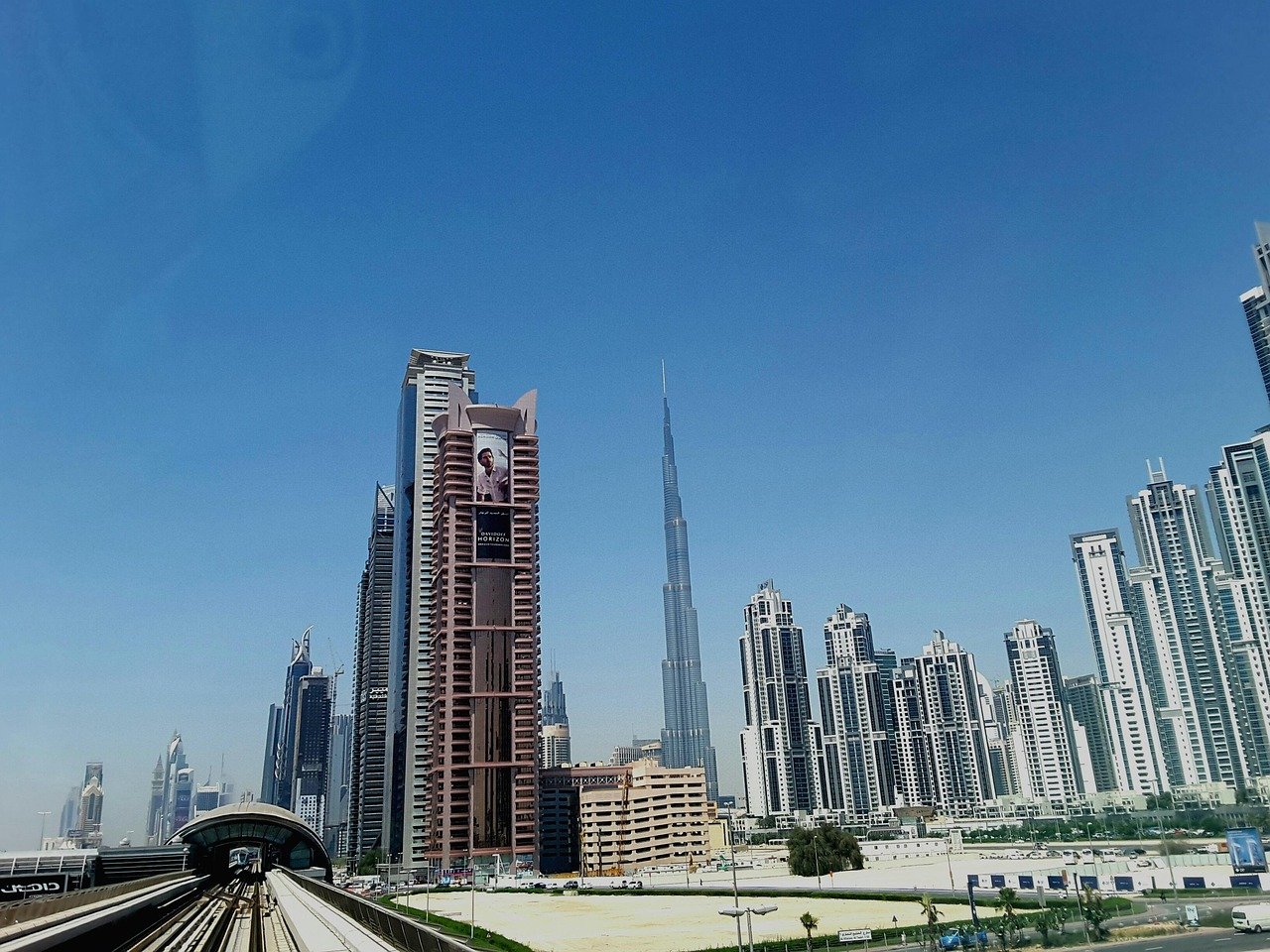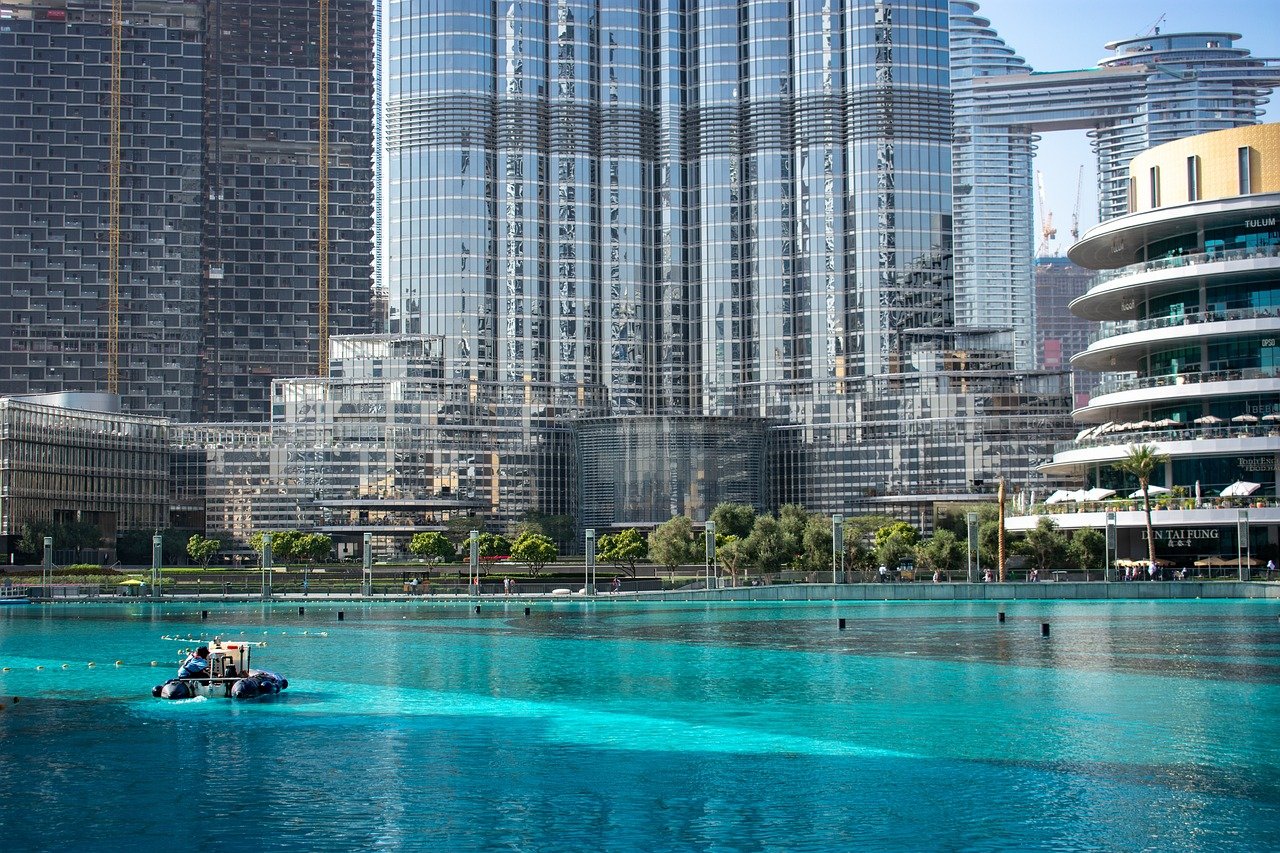Are you facing persistent issues with your landlord in Dubai? Dealing with rental disputes Dubai requires clarity on your legal rights and the structured processes governed by Dubai rental laws. This comprehensive guide demystifies filing landlord complaints Dubai, offering actionable insights into resolving conflicts, from maintenance disputes to security deposit claims, while empowering you with the knowledge to leverage the Rental Dispute Center Dubai and protect your tenancy rights in this dynamic real estate landscape.
Table of contents
- Understanding Rental Disputes in Dubai: Your Rights and Protections
- The Rental Dispute Center (RDC): Dubai’s Specialized Judicial System
- Filing a Complaint Against Your Landlord: Step-by-Step Process
- Common Categories of Landlord Complaints in Dubai
- Tips for Successful Complaint Resolution
Understanding Rental Disputes in Dubai: Your Rights and Protections
Maintenance delays, security deposit deductions, and unauthorized rent increases dominate Dubai’s landlord complaints. Cultural differences between international tenants and local landlords can escalate conflicts. Annual rent growth can lead to disputes over affordability and contractual obligations.
- Maintenance responsibilities: Disputes arise when landlords and tenants disagree over repair obligations, particularly concerning timeliness and cost allocation for issues like plumbing failures, HVAC malfunctions, and structural maintenance needs.
- Security deposit deductions: Conflicts occur when landlords withhold deposits for damages beyond normal wear and tear, excessive cleaning fees, or alleged unpaid utility bills, with tenants challenging the validity or proportionality of these deductions.
- Rental increase limits: Tenants contest rent hikes exceeding RERA’s approved percentages based on the Rental Index or when landlords fail to provide the mandatory 90-day notice period before lease renewal.
Misunderstandings can lead to formal complaints, requiring RDC intervention to reconcile differing expectations.
Tenants’ Legal Rights in Dubai
Dubai Law guarantees tenants timely maintenance and protection from arbitrary evictions. Learn about legal consequences for rent non-payment. Ejari registration validates lease terms, while RERA’s Rental Index caps rent increases. Tenants may contest unfair practices through the RDC, ensuring contractual compliance and dispute resolution within regulated timelines.
When tenant rights are violated, the RDC enforces remedies through legal proceedings. Ejari-registered contracts provide irrefutable evidence in disputes. Landlords failing to address maintenance requests within stipulated timelines face penalties. Tenants benefit from expedited hearings, with 80% of cases resolved within 60 days according to 2023 RDC statistics.
The Rental Dispute Center (RDC): Dubai’s Specialized Judicial System
RDC Structure and Authority
The Rental Dispute Center (RDC), established under Law No. 26/2007, resolves landlord-tenant conflicts through specialized judicial mechanisms. Operating under Dubai Land Department oversight, it handles thousand annual cases with binding decisions enforceable by law. Excluding free zones, RDC jurisdiction covers all Ejari-registered properties, ensuring standardized dispute resolution aligned with RERA regulations.
Judicial Integration
The RDC functions as Dubai Land Department’s judicial arm, collaborating with RERA to enforce rental regulations. While RERA establishes policy frameworks, RDC adjudicates disputes. Appeals proceed to Dubai Courts’ Civil Division, with final recourse to UAE Federal Supreme Court when constitutional matters arise. All rulings comply with UAE Federal Law No. 33/2021 on real estate relations.
Filing a Complaint Against Your Landlord: Step-by-Step Process
Pre-Complaint Procedures
Before filing, tenants must review their Ejari-registered lease and document all contractual breaches. Collect payment receipts, communication records, and evidence of unresolved issues. Attempt informal resolution first. Ejari registration validates your contract, making 80% of cases resolvable through documented proof alone.
Formal Complaint Submission
Submit complaints in person at RDC offices. Present Ejari certificate, payment proofs, and evidence of unresolved issues. The conciliation phase begins within 15 days. If unresolved, a hearing date is set. Ensure all documents are Arabic-translated for validity.
Filing Channels and Advantages
In-person submissions at RDC offices remain the primary method, offering immediate verification. Online portals handle a small percentage of cases but require digital Arabic translations. Complex cases benefit from in-person filing, while straightforward disputes work well online. Processing times are on average 60 days regardless of submission method.
Post-Filing Expectations
After registration, conciliation occurs within 15 days. If unresolved, hearings begin within 30 days. Tenants must attend scheduled sessions with translated evidence. Appeals require submission within 15 days of judgment, extending resolution timelines by 30 days maximum.
Conciliation and Hearing Procedures
Mandatory 15-day conciliation resolves 65% of cases through negotiated settlements. Technical experts assess property conditions when required. Formal hearings allow evidence presentation through written Arabic submissions. Decisions enforced by Dubai Courts’ Civil Division, with 98% of cases concluding within statutory deadlines per 2023 RDC performance metrics.
Common Categories of Landlord Complaints in Dubai
Maintenance and Repair Issues
Dubai landlords must address necessary repairs affecting property habitability under Law No. 26/2007. Ejari registration clarifies maintenance responsibilities, with landlords covering structural issues like plumbing failures or HVAC malfunctions unless specified otherwise in lease agreements.
Tenants should document maintenance problems through dated photos, videos, and written communication logs. Formal repair requests must be submitted in Arabic, with Ejari-certified contracts serving as legal evidence. If landlords fail to respond within 14 days, tenants may escalate to the RDC for resolution.
Rental Increase and Contract Renewal Conflicts
RERA’s Rental Index determines permissible rent increases based on property type and location data. Landlords must provide written notice before lease renewal.
Challenge excessive increases by comparing RERA’s Smart Rental Index data. Submit Ejari contract, payment history, and landlord correspondence to the RDC within 30 days of receiving notice.
Tips for Successful Complaint Resolution
Documentation and Evidence Collection
Maintaining meticulous records of all interactions and property conditions is important for Dubai rental disputes. Tenants should preserve Ejari contracts, payment receipts, DEWA statements, and written communication logs. Photographs strengthen cases during RDC proceedings.
Effective evidence portfolios combine visual documentation with written records. Capture dated photos/videos of maintenance issues and property conditions during move-in/move-out. Retain all correspondence forms – emails, SMS logs, and formal notices – translated into Arabic when necessary. Organize physical and digital records systematically for efficient case presentation.
Effective Communication Strategies
Professional communication channels like formal emails with read receipts create verifiable documentation trails. Frame requests clearly, referencing contractual obligations and Dubai Law No. 26/2007 provisions. Maintain respectful yet firm tone in all interactions, ensuring each message contains date stamps and specific issue details.
Overcoming cultural communication barriers requires awareness and adaptation. Recognize differing expectations about response times, repair urgency, and dispute resolution approaches. Utilize professional translation services when needed, and consider face-to-face meetings for complex issues. Document all cross-cultural interactions to prevent misunderstandings.
Working with Legal Representation
Legal professionals become valuable when facing complex cases involving substantial financial stakes or procedural complexities. Specialized legal expertise delivers significant advantages through precedent knowledge and procedural familiarity. They navigate Arabic documentation requirements efficiently and understand optimal timelines for filing specific motions during dispute proceedings.
Empowered with knowledge of Dubai’s rental laws, tenants can confidently address property disputes through the RDC’s structured process while prioritizing meticulous documentation. Proactive communication and understanding RERA’s tenancy regulations transform potential conflicts into manageable resolutions. By embracing these strategies, residents secure their rights while fostering harmonious landlord-tenant relationships within Dubai’s vibrant real estate ecosystem.





